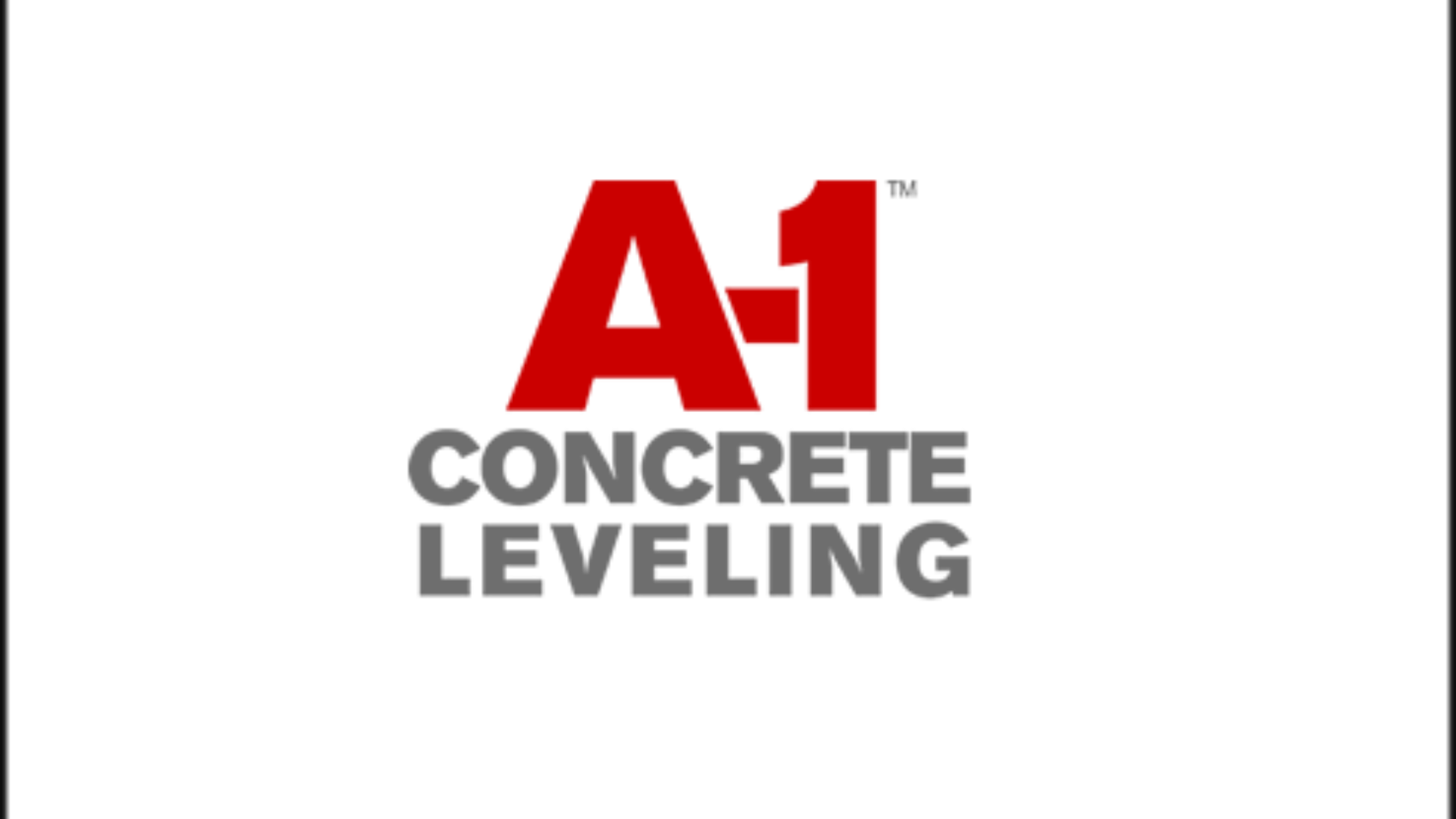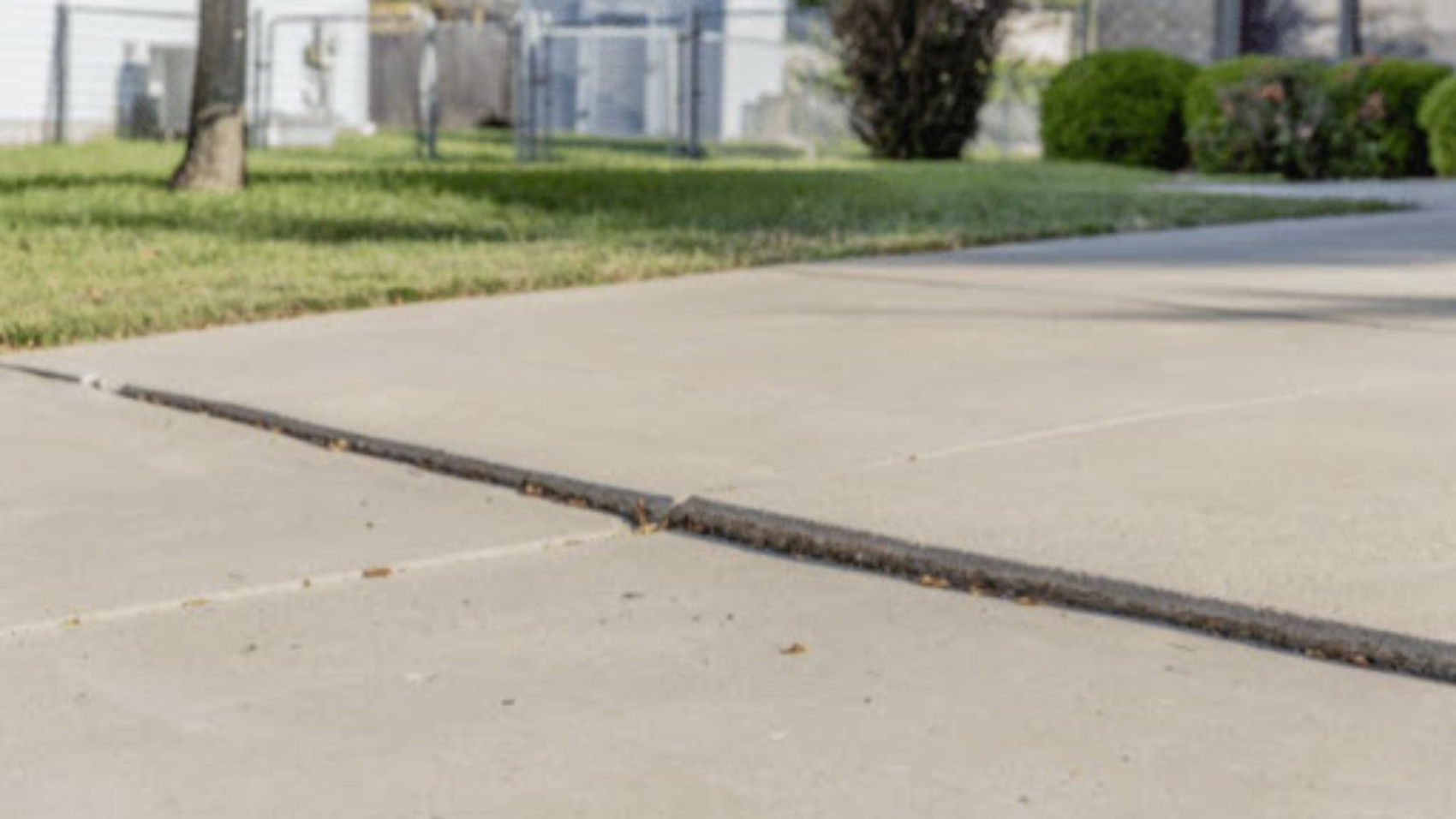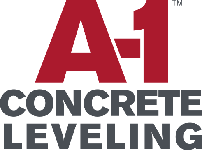Concrete Dilemma: Leveling vs. Replacement, Our Expert Advice to Help You Decide
Are you a homeowner who takes pride in the appearance of your property? If so, you’ve likely invested in concrete for your driveways and walkways. Concrete is a popular choice for a good reason—it’s strong, durable, and low maintenance. However, like all materials, it will eventually show signs of wear and tear. As concrete ages, it may develop unsightly cracks and holes that can detract from the curb appeal of your home.
Many homeowners assume that the only solution is to replace their entire concrete slab, but this isn’t always necessary. In fact, concrete repair or leveling can be a cost-effective way to restore your concrete’s appearance and function. The question is, “How do you know when to repair versus replace your concrete?” Let’s explore this topic in more detail.
- For concrete surfaces like steps, patios, driveways, sidewalks, and porches that have settled or sunk over time, concrete leveling is a technique for filling the voids beneath the surfaces and eliminating hazards. The procedure entails drilling holes in the concrete and injecting a slurry through them and beneath the slab. This compound strengthens weak soil and raises the sunken slab to its ideal height.
- The benefits of this include improved safety, enhanced curb appeal, and longer-lasting concrete surfaces, all at a fraction of the cost of complete concrete replacement.
- It is the process of completely removing an old concrete slab and replacing it with a new one. It’s typically done when the existing concrete is severely damaged, cracked, or structurally compromised, making it unsafe or impractical to repair.
- While it may seem like a drastic and expensive solution, it is sometimes necessary. Severely fractured concrete may need to be replaced. The techniques offer a variety of customization options, including color, texture, and patterns.
Leveling or Replacement? Factors to Consider
Here are some factors to consider when deciding whether to repair or replace concrete:
- Age and condition of the concrete If the concrete is relatively new and in good condition except for minor cracks, repair may be the better option. However, if the concrete is old and severely damaged, with numerous cracks, surface damage, and holes, replacement may be necessary.
- Extent of damage The size and extent of the damage to the concrete will affect the decision to repair or replace it. Minor cracks and surface damage can often be repaired, but larger cracks and deep structural damage may require replacement. A1 Concrete Leveling provides estimates and evaluations at no charge.
- Cost The cost of repair versus replacement is an important factor to consider. In general, repairing concrete is more cost-effective than replacing it, but this may not always be the case, especially if the damage is extensive. Leveling is approximately ⅓ the cost of replacement.
- Safety concerns If the damaged concrete poses a safety hazard, such as tripping hazards or structural instability, it is necessary to act quickly. It is wise to begin creating a plan of action and gathering information on the options available to you.
- Aesthetics If the appearance of the concrete is important, compare leveling vs. replacement services as a solution.
- Timeframe The timeframe for the project is also a consideration. Leveling concrete can often be completed in a shorter timeframe than replacing it, which may be important if the area is heavily used and downtime needs to be minimized.
The Takeaway: Are You Still Unsure About the Best Option for You?
It’s important to carefully consider all the factors involved. Ultimately, it’s always best to consult with a professional concrete contractor who can provide expert advice and guidance on the best course of action for your specific situation. Get your free estimate with us at A1 Concrete Leveling. Call us at (515) 402-7848 or send us an email at a1cldsm@aol.com. By doing so, you can ensure that your concrete structures remain strong, durable, and safe for years to come.




